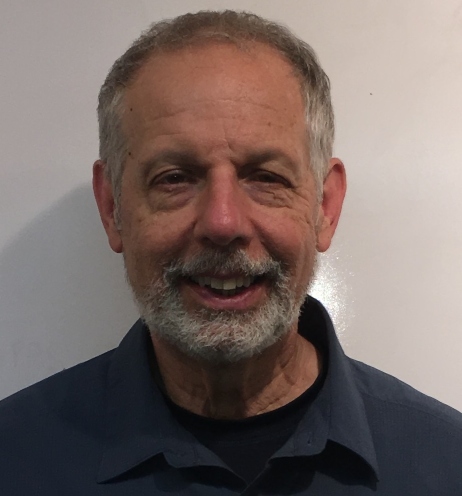Elliot Eichen, Ph.D., Wireless Interdisciplinary Research Group Computer Science, University of Colorado Boulder
Abstract: Real-Time Geospatial Spectrum Sharing (RGSS) enables 5G/6G networks to gracefully share mm and sub-mm wave spectrum with microwave sounders (radiometers) that collect data for weather forecasting and longer-term climate modeling. This talk will focus on results from a prototype system to understand the performance of RGSS in terms of network availability and interference mitigation, and will discuss mutual benefits of this software-based spectrum sharing solution to both the weather/climate community and 5G/6G equipment vendors and service providers. If time permits, the author may also cover the impact of new 5G components (network repeaters and 3GPP Power Class 1 fixed-wireless customer premise equipment) on out-of-band emissions.
Bio: Elliot Eichen is a member of the Wireless Interdisciplinary Research Group, University of Colorado, Boulder CO. He retired as Director R&D at Verizon in 2017, where he also held co-incident appointments as visiting industry professor at Tufts University and adjunct faculty at Northeastern University, and from 2007-2008 was a staff member at MIT. He became interested in spectrum sharing and management as an IEEE/AAAS US Congressional Fellow 2018-19 in Senator Ron Wyden’s office, where he also supported the Senate Commerce and House Science Committees. He is the author or co-author of about 50 peer-reviewed publications and about 60 patents. Dr. Eichen is a former associate editor of IEEE Photonics Letters, co-chair and committee member for OFC (Optical Fiber Communications), IEEE/OSA Optical Amplifier Meeting, and IEEE International Conference on Communications (Symposium on Multimedia and VoIP). He has served on NSF program committee and been a consultant to the DOD. His expertise is in optical communications (optoelectronics, laser coherence, optical switching & amplifiers), wireless network architectures and service delivery (4G, 5G), and spectrum sharing and spectrum management. He has a Ph.D. in Optics (University of Arizona) and a B.S in Physics (SUNY Stony Brook).

